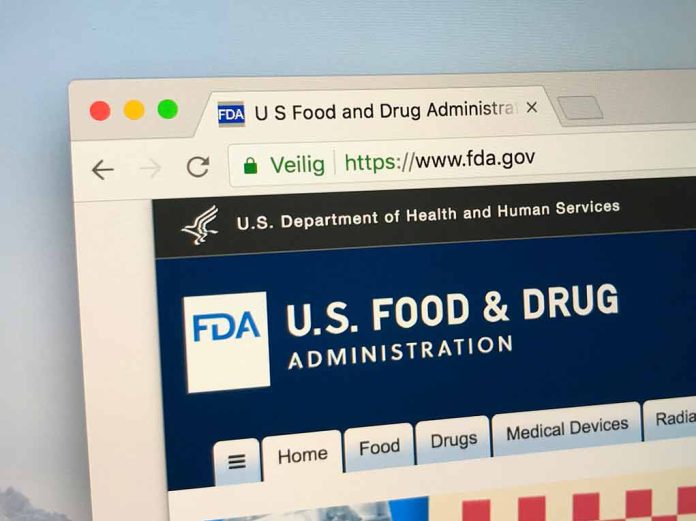
Potentially deadly botulism-contaminated herring has been distributed across three Northeast states, with the FDA warning that the fish’s intact intestines significantly increase the risk of severe foodborne illness.
Key Takeaways
- P. East Trading Corp. has recalled Salted Smoked Split Herring due to potential Clostridium botulinum contamination across Connecticut, New Jersey, and New York
- The recalled fish are uneviscerated (intestines intact), substantially increasing the botulism risk as toxins concentrate in the fish’s viscera
- The recall was initiated after inspection by the New York State Department of Agriculture and Markets revealed improper processing
- Botulism symptoms include weakness, dizziness, vision problems, speech difficulties, and potentially fatal breathing issues
- No illnesses have been reported so far, but consumers are urged to return the product for a full refund
Dangerous Herring Recalled Across Three States
The FDA has announced a significant recall of Salted Smoked Split Herring products distributed by P. East Trading Corp. after inspectors discovered the fish had not been properly eviscerated before processing. The affected products have been sold in Connecticut, New Jersey, and New York, creating a potential health crisis for consumers in these areas. The recalled fish was manufactured by Sea Star Seafood Ltd in Canada and distributed in 18-pound wooden boxes with container code Lot 1 PRC5073. Officials are particularly concerned because many of these products may have been subsequently repacked into smaller portions.
“The product may have been repacked in deli-style or other retail packaging,” stated the FDA, in their official announcement.
This recall highlights yet another instance of potentially dangerous food products reaching American consumers despite regulatory oversight. With mounting pressure on the FDA to improve food safety standards, this case demonstrates the continuing challenges in preventing contaminated foods from reaching store shelves.
Heightened Botulism Risk from Uneviscerated Fish
What makes this recall particularly alarming is the nature of the contamination risk. The herring products were found to be uneviscerated, meaning their internal organs remain intact. This processing failure significantly increases the danger to consumers, as Clostridium botulinum spores thrive in these conditions. The FDA has specifically highlighted this elevated risk in their recall announcement, noting the concentration of toxins in the fish’s internal organs.
“as they are more likely to be concentrated in the viscera than any other portion of the fish,” stated the FDA, regarding the dangerous botulinum spores.
The inspection that triggered the recall was conducted by the New York State Department of Agriculture and Markets, whose food inspector determined that the “herring was not properly eviscerated prior to processing.” This critical oversight in food safety protocols potentially exposed countless consumers to one of the most dangerous foodborne toxins known to medical science.
Botulism: A Rare But Deadly Threat
Botulism represents one of the most severe forms of food poisoning, producing toxins that attack the nervous system and can lead to paralysis and death. The symptoms typically begin with weakness, dizziness, blurred vision, and difficulty speaking or swallowing. As the condition progresses, it can cause descending paralysis and respiratory failure, often requiring intensive medical intervention including mechanical ventilation. The toxin produced by Clostridium botulinum is considered among the most potent natural poisons on Earth.
“While no illnesses have been reported in connection with this recall so far”, according to the FDA, is taking no chances and has advised consumers who purchased the affected herring products to return them immediately for a full refund. Those with questions can contact P. East Trading Corp directly at (718) 991-6070 or via email at [email protected]. This proactive approach to preventing potential illness highlights the serious nature of the contamination risk.





